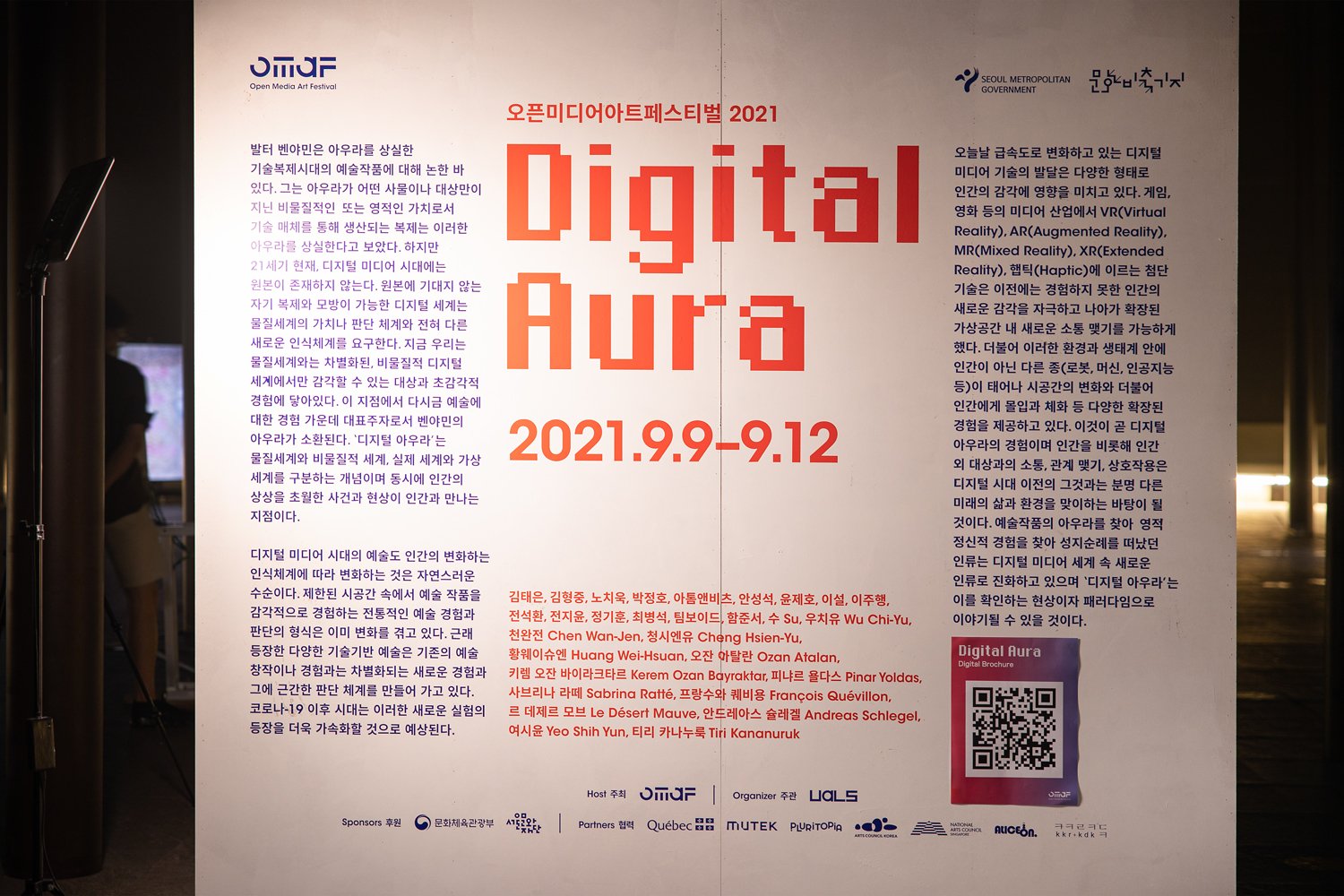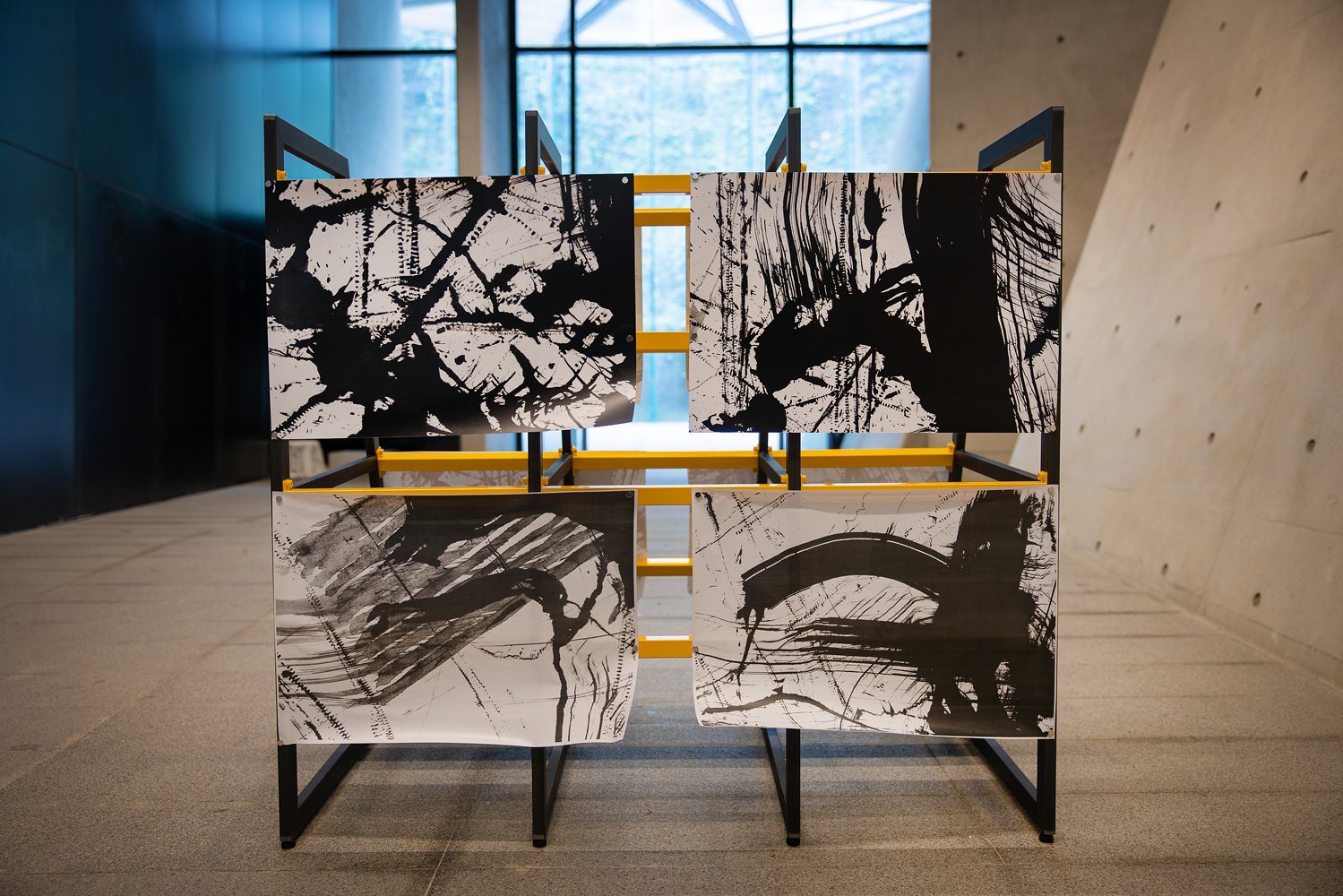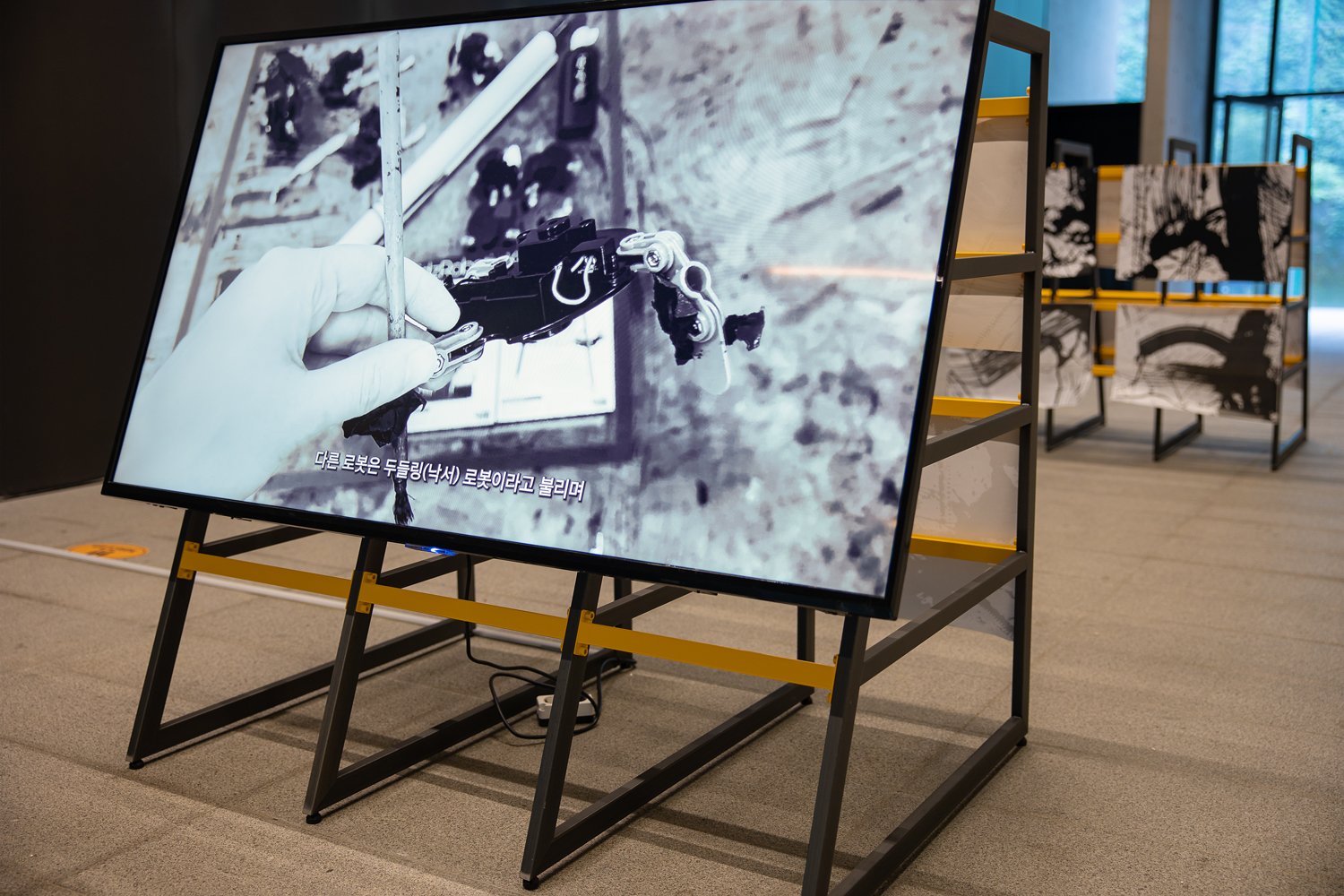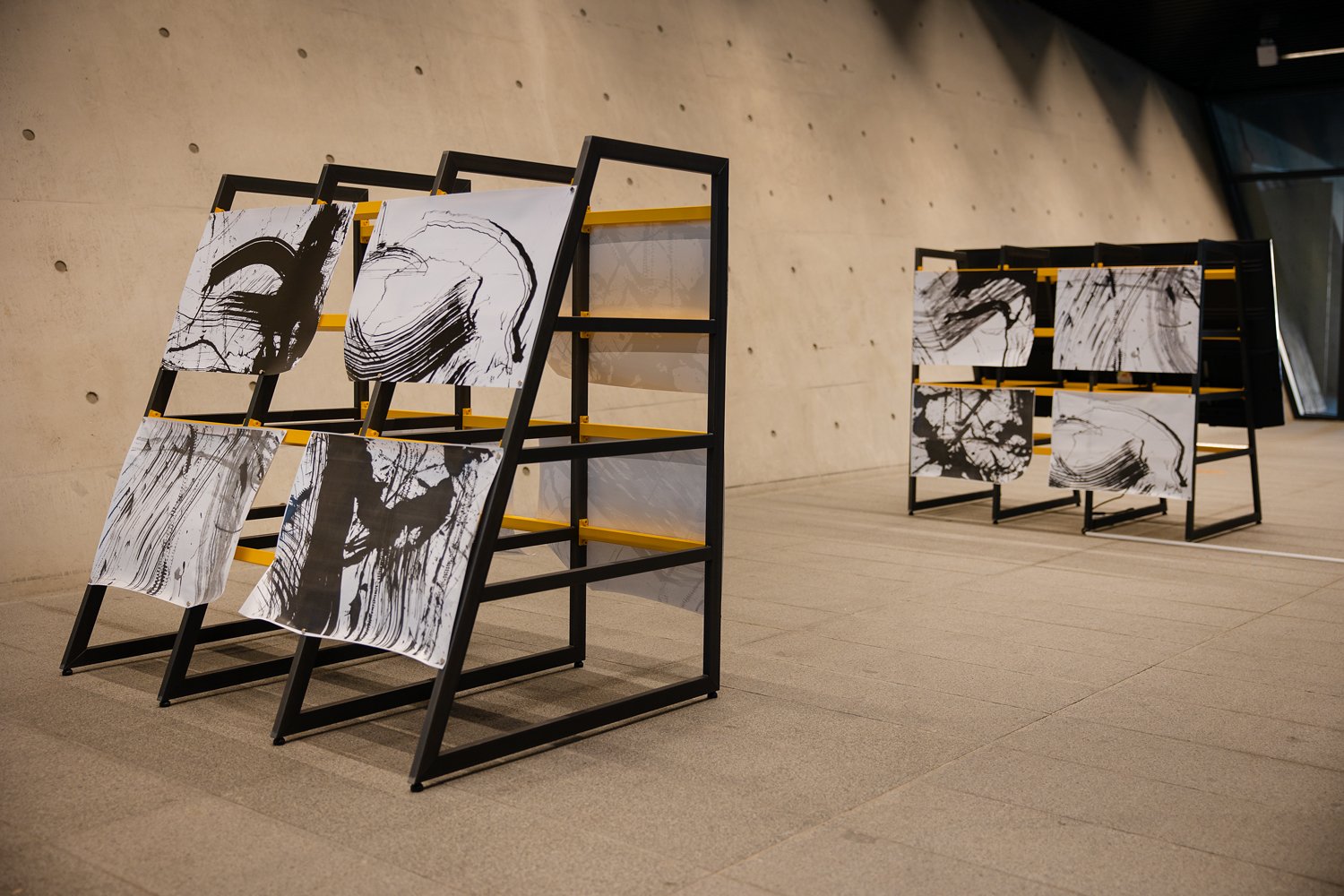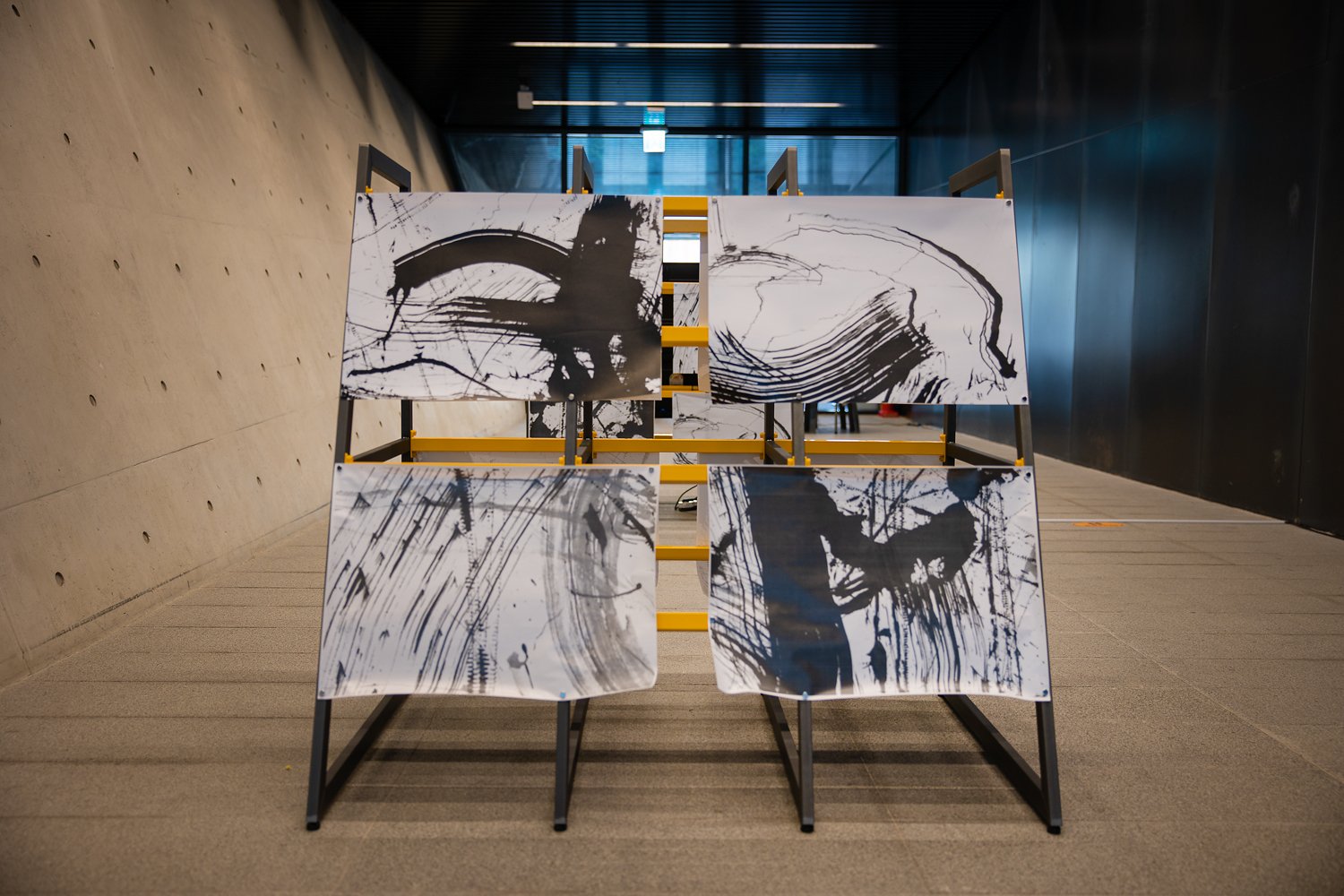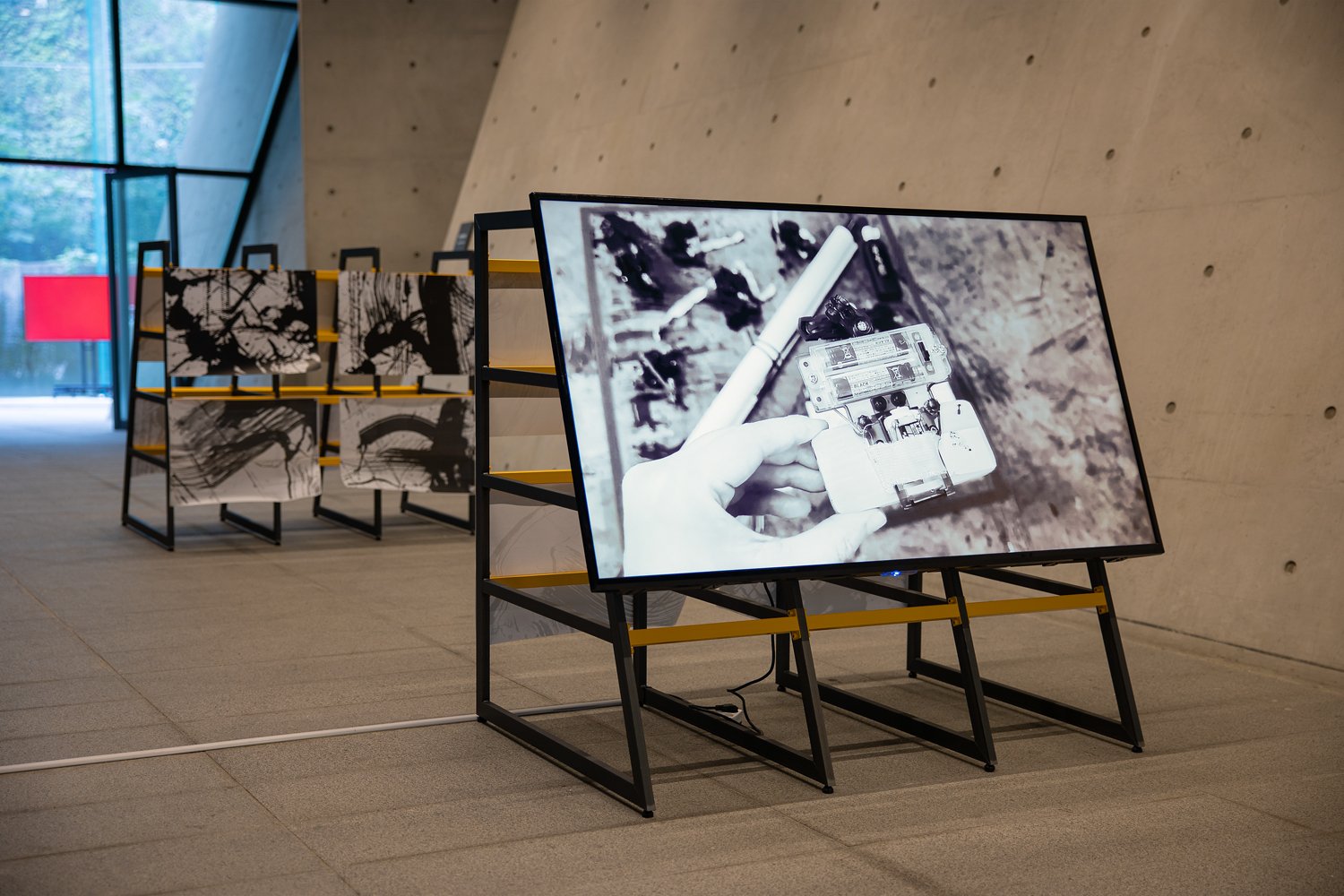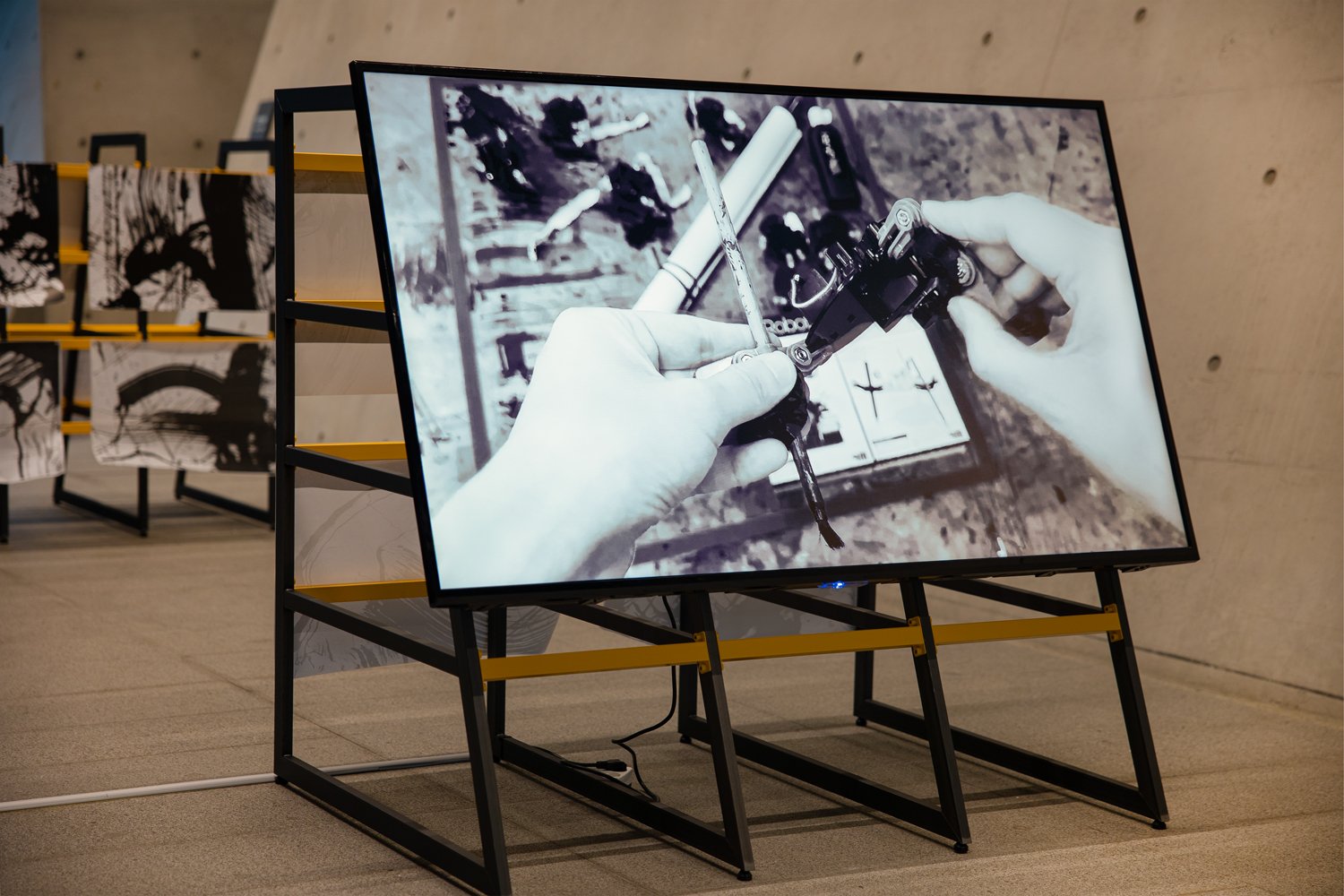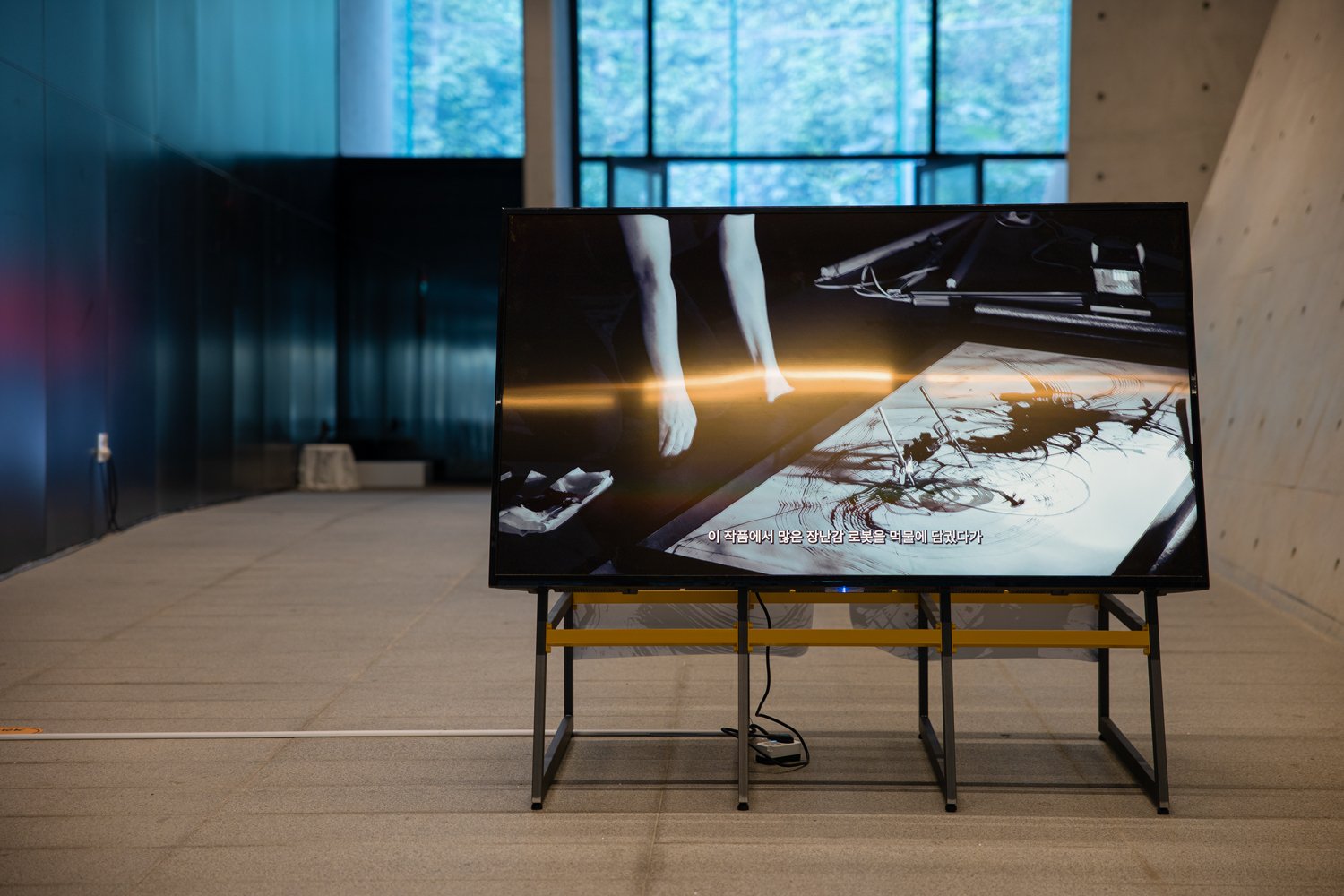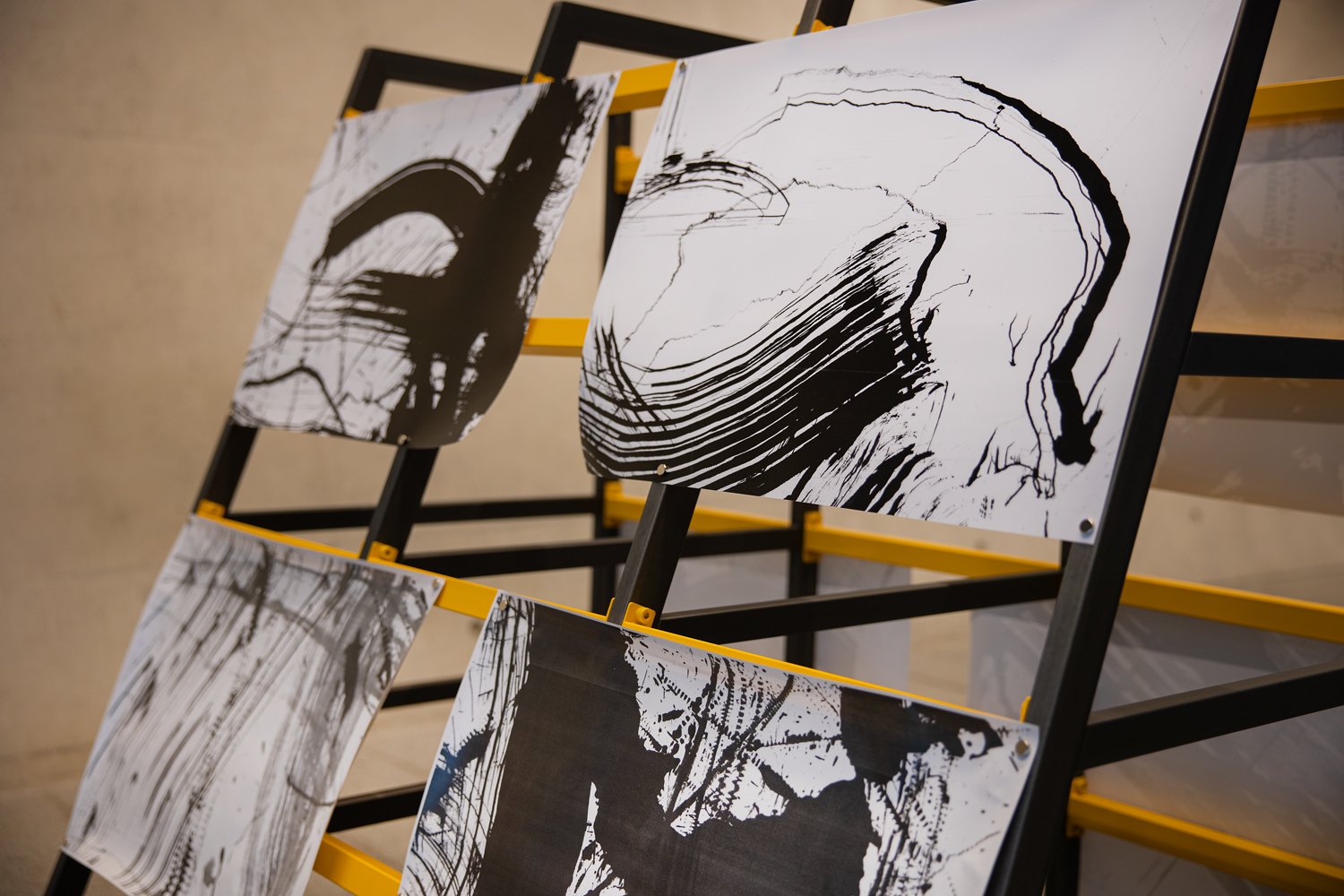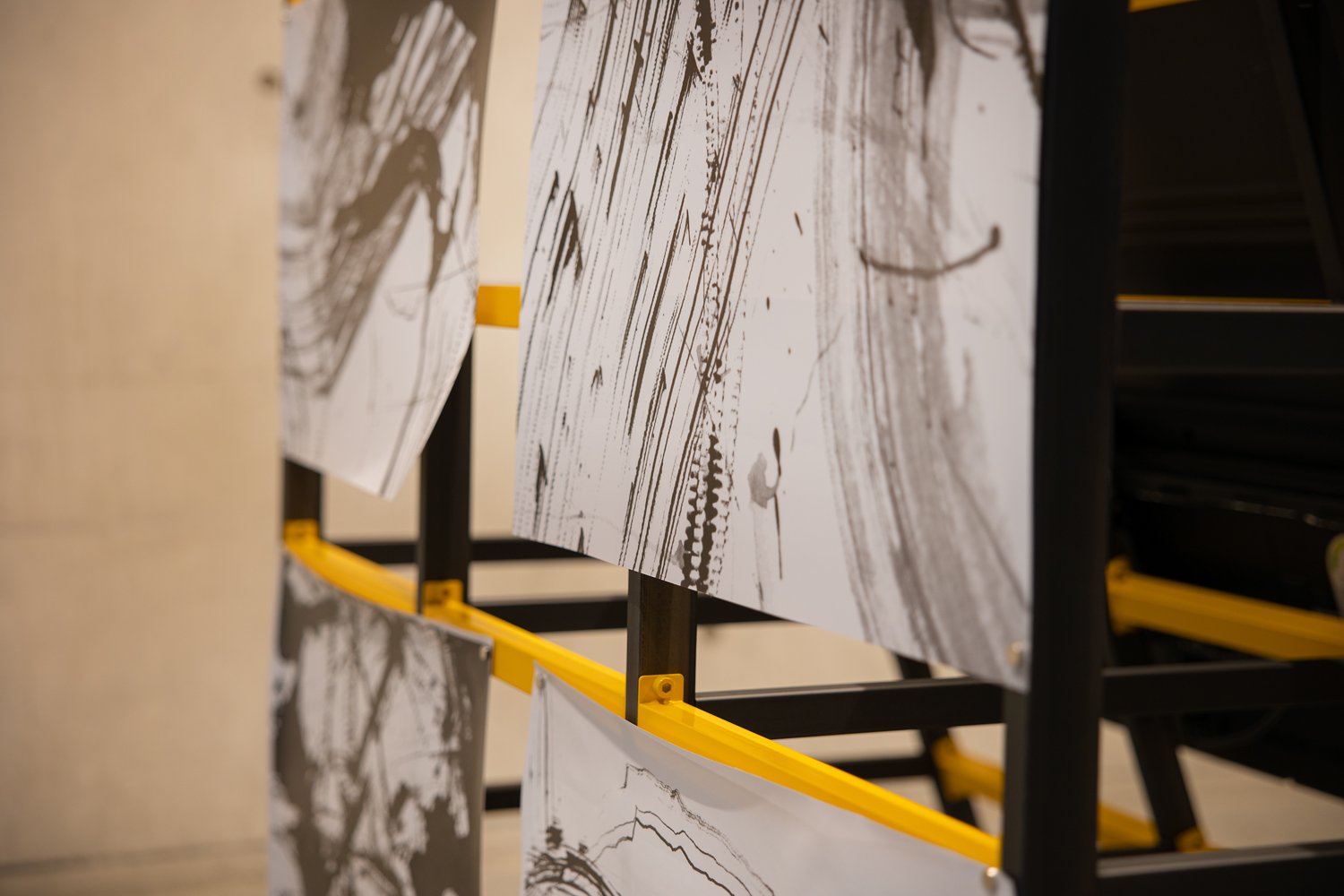Digital Aura
Open Media Art Festival, Oil Tank Cultural Park, Seoul Korea
Sept 2021
The festival 'Digital Aura' is organized by Seungah Lee and Jyeong-Yeon Kim, the Open Media Art Festival Organization Committee members. The committee launched Singapore Open Media Festival (SOMAF) in 2015 to mark the 40th anniversary of diplomatic relations between Singapore and South Korea. To commemorate these two countries’ friendship, the first edition of SOMAF, curated by six international curators and sixty artists, was held at indoor and outdoor spaces with four big screens and four gallery presentations simultaneously in Gillman Barracks, Singapore. The festival was supported both by private entities and governmental agencies that tied strong links between them.
Walter Benjamin discussed cloning in the era of technological media, which distinguished between original and replication and lost aura. Aura believes that cloning produced through technological media as a non-material or spiritual value of only any object or object loses this aura. However, the original does not exist in the 21st century digital media age. Rather, the digital world, capable of infinite self-replication and imitation, demands a new recognition system that is completely different from the value or judgment system of the material world. Modern humans seek non-material objects, super-sensory experiences, and digital aura experiences that are not experienced in the material world, i.e., those that can only be felt in the non-material and digital world. "Digital aura" is a concept that distinguishes the material world from the non-material world, the real world from the virtual world, and at the same time, events and phenomena beyond human imagination meet humans.
Then, it is natural for art in the digital media era to change according to the changing human perception system. Traditional art experiences and forms of judgment that sensibly experience works of art in limited time and space are already undergoing changes. Nevertheless, technology-based art is creating new forms and systems of judgment that are completely different from existing art creation and experience. And the post-Covid-19 era is expected to further accelerate the emergence of these new experiments.
The development of digital media technology, which is changing rapidly today, has influenced human senses in various forms. Along with the gaming industry, VR (Virtual Reality), Augment Reality (AR), Mixed Reality (MR), XR (Extended Reality), Haptic technology, etc. stimulate new human senses that have not been experienced before and further enable new communication within expanded virtual space. In addition, the emergence of not only humans but other species (robots, machines, artificial intelligence, etc.) in this environment and ecosystem has enabled the expansion of natural movement from physical space to wider environments, as well as physicalization and immersion. This is the experience of a digital aura, and communication, relationship, and interaction between humans and objects will certainly be the basis for a change differently from before the digital age. And with technological advances, the object of experience will evolve and expand from images, photographs, images, text, etc. to what we cannot imagine. Humanity, which had gone on pilgrimage to the Holy Land in search of an aura of artwork and spiritual experience, is evolving into a new humanity in the digital media world, creating a new pattern of culture and creating a new paradigm called "digital aura."



